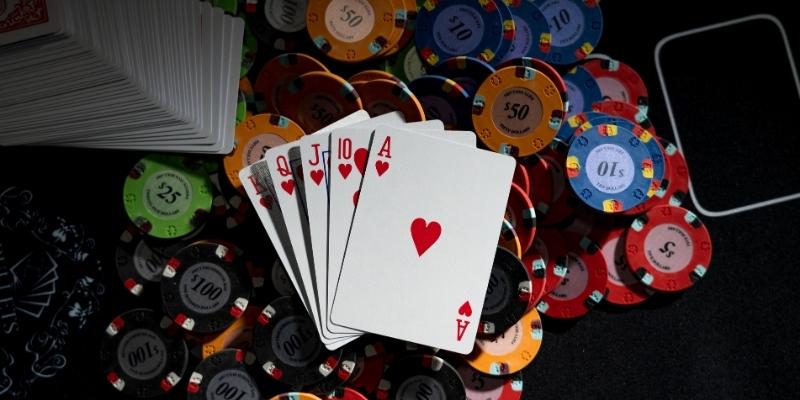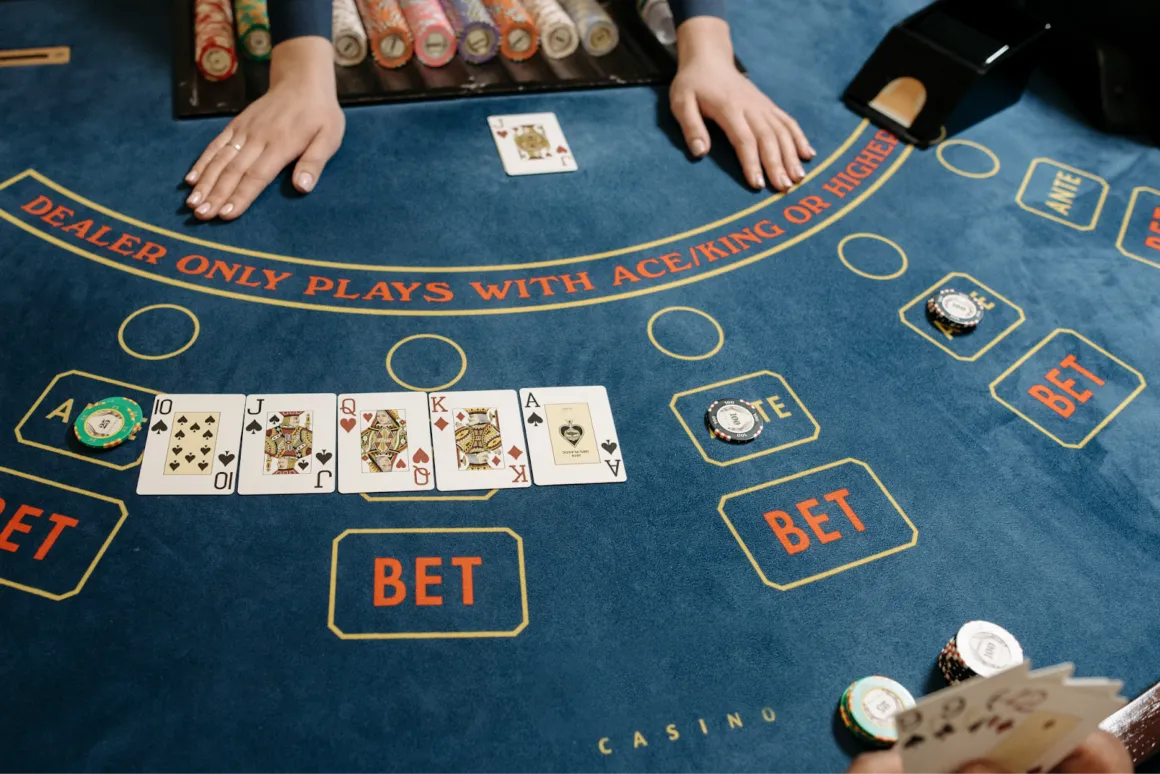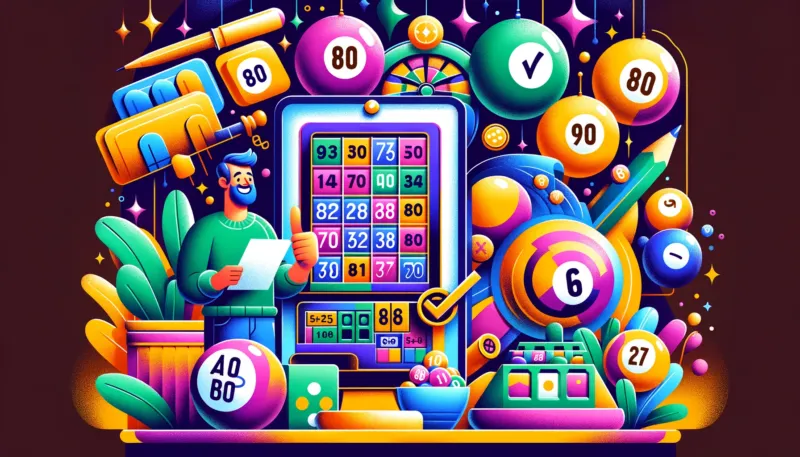The Psychology Behind Crash Gambling Understanding the Human Mind and its Impact on Gaming
Gaming has become a popular pastime for people of all ages. With the advancements in technology, the gaming industry has seen tremendous growth over the years. Among the various forms of gaming, one that has gained significant attention is “crash gambling.” This form of online gambling involves betting on the outcome of a virtual game where players bet on when a line will crash and cash out before it does.
Crash gambling has gained popularity due to its fast-paced nature and the potential for high rewards. However, behind the scenes, there is a whole science of psychology at play. In this article, we will delve into the world of crash gambling and explore the psychological factors that influence players’ behavior and decision-making processes.
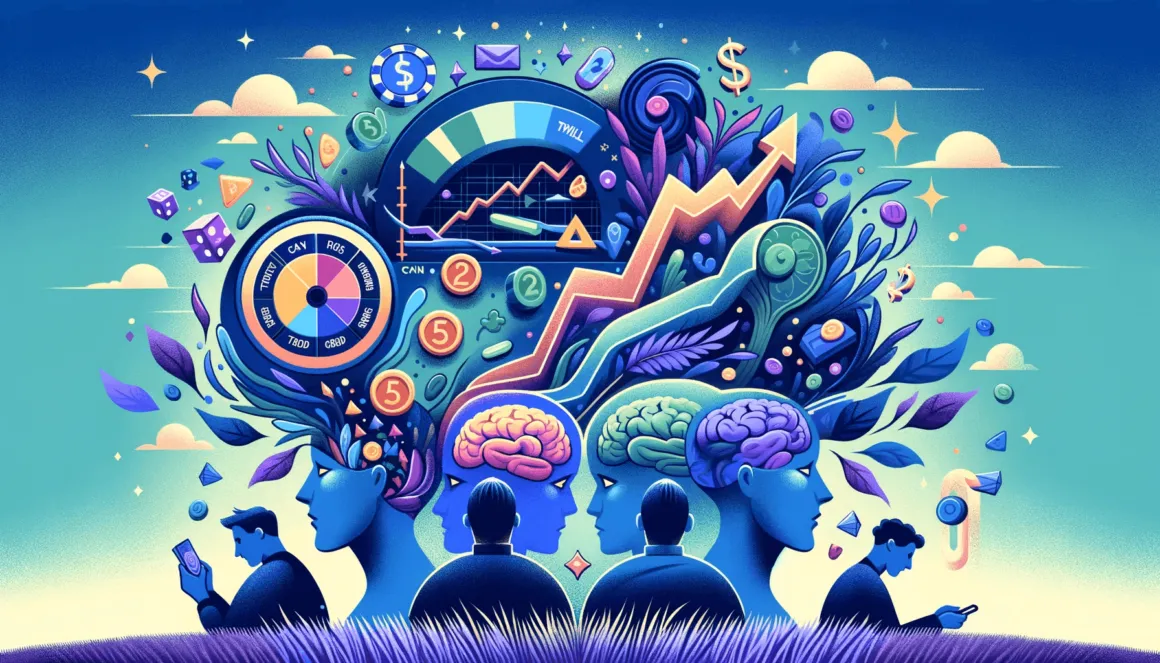
What is Crash Gambling?
Before we dive into the psychology of crash gambling, let’s first understand what it is. As mentioned earlier, crash gambling is an online gambling game where players bet on when a line will crash and cash out before it does. The game starts with a line that steadily increases in value, and players have to click the “cash out” button before it crashes. If they succeed, they win the amount shown on their screen.
The line can crash at any time, and if players fail to cash out before it does, they lose their bet. This element of risk and uncertainty makes crash gambling exciting and addictive for some players. It is a game of chance, and players have no control over the outcome, making it all the more thrilling.
In most cases, crash gambling websites have a built-in algorithm that determines the line’s crash point, making it impossible to predict when it will happen. This ensures fair gameplay and prevents players from exploiting any patterns or loopholes.
Now that we have a basic understanding of crash gambling let’s explore the psychology behind this increasingly popular form of online gambling.
The Allure of Quick Rewards
One of the primary reasons why crash gambling has become so popular is the potential for high rewards in a short amount of time. Unlike traditional forms of gambling, such as card games or slot machines, where players have to wait for a certain outcome, crash gambling offers an adrenaline-fueled rush with immediate results.
The human brain is wired to seek out pleasure and avoid pain, which makes the instant gratification of crash gambling highly appealing. The idea of winning big money in just a few clicks is enticing for many players, and this is what drives them to keep playing despite the risks involved.
This desire for quick rewards is also linked to the dopamine system in our brains. Dopamine is a neurotransmitter that is associated with pleasure and reward. When we engage in activities that give us pleasure, such as eating, having sex, or winning a game, our brain releases dopamine, making us feel good. This feeling motivates us to repeat the behavior, reinforcing the pleasure-reward cycle.
In the case of crash gambling, the release of dopamine when a player wins can be addictive, leading them to continue playing in search of more rewards. This instant gratification plays a significant role in the psychology behind crash gambling.
The Role of Risk-Taking Behavior
Another aspect of crash gambling that makes it appealing is the element of risk involved. Humans are inherently wired to take risks, and this is evident in our daily lives, from trying new foods to taking on new challenges. In the context of gambling, risk-taking behavior is amplified, as there is always a chance of winning or losing.
The thrill of taking risks triggers the release of adrenaline in our bodies, which gives us a heightened sense of alertness and excitement. This feeling is often associated with positive emotions, making players more likely to continue playing despite the potential consequences.
Moreover, studies have shown that people tend to overestimate their chances of winning when engaging in risky behavior. This is known as the “illusion of control,” where individuals believe that they have more control over their actions and outcomes than they actually do. In the case of crash gambling, players may feel like they can predict when the line will crash or cash out at the right time, leading them to continue playing.
The Influence of Social Proof

In today’s digital age, social media and online platforms play a significant role in shaping our behaviors and decisions. This phenomenon is also evident in crash gambling, where players are influenced by the actions and behaviors of others.
The concept of social proof, first introduced by psychologist Robert Cialdini, states that people are more likely to follow the crowd or do what others are doing, especially when they are unsure of what to do themselves. In the context of crash gambling, this means that players are more likely to continue playing if they see others winning or cashing out at high values.
Most crash gambling websites have a chat feature where players can interact with each other and share their wins or losses. This creates a sense of community among players and also serves as a platform for social proof. Seeing others win big can motivate players to keep going, even if they are on a losing streak.
The Fear of Missing Out (FOMO)
Another psychological factor that comes into play in crash gambling is the fear of missing out (FOMO). FOMO refers to the feeling of anxiety or restlessness that arises when one believes that others are having fun or experiencing something desirable, and they are not. This fear often leads people to engage in activities or behaviors to avoid “missing out.”
In the context of crash gambling, players may feel FOMO when they see others winning or cashing out at high values. They may worry that if they stop playing, they might miss out on a big win. As a result, they continue playing, hoping to win and not miss out on the excitement and rewards.
The Impact of Cognitive Biases
Cognitive biases refer to our tendency to think and make decisions in ways that deviate from rationality. These biases can influence our perceptions, beliefs, and judgments, often leading us to make irrational choices. In the context of crash gambling, cognitive biases can play a significant role in how players perceive and act on the information presented to them.
The Gambler’s Fallacy
One of the most common cognitive biases observed in crash gambling is the gambler’s fallacy. This is the belief that if something happens more frequently than normal during a certain period, it will happen less frequently in the future, or vice versa. In other words, players may believe that if the line has crashed multiple times in a row, it is less likely to crash again soon.
This bias can lead players to make poor decisions, such as increasing their bets in the hopes of winning big after a streak of losses. However, since each round of crash gambling is independent of the previous one, the chances of winning or losing remain the same, regardless of past outcomes.
Confirmation Bias
Confirmation bias refers to our tendency to seek out information that confirms our existing beliefs or opinions, while ignoring or downplaying evidence that contradicts them. In the context of crash gambling, this means that players may only focus on wins or high-value cashouts, thereby reinforcing their belief that they can win and encouraging them to continue playing.
Moreover, confirmation bias can also lead players to overlook warning signs or red flags, such as excessive losses or negative experiences of others, as they are more focused on confirming their belief that they can win.
The Influence of Personality Traits
Personality traits play a crucial role in how individuals behave and interact with their environment. They also have a significant impact on how people approach different activities or situations, including gambling. In the case of crash gambling, certain personality traits can make individuals more susceptible to developing addictive behaviors.
Impulsivity
Impulsivity refers to a tendency to act on impulse without thinking through the consequences. People who score high on impulsivity are more likely to engage in risky behaviors and have difficulty controlling their impulses. This can make them more prone to developing addictive behaviors, such as excessive gambling.
In the context of crash gambling, players with high levels of impulsivity may be more likely to take bigger risks, such as placing higher bets or cashing out later than they should, which can lead to significant losses.
Sensation Seeking
Sensation seeking is another personality trait that can influence one’s behavior towards gambling. It refers to the desire for novel and intense experiences and the willingness to take risks to achieve those experiences. People who score high on sensation seeking are more likely to engage in high-risk activities, such as extreme sports or gambling, to satisfy their need for excitement and stimulation.
In the context of crash gambling, players with high levels of sensation seeking may be drawn to the game’s fast-paced nature and potential for high rewards, making them more likely to develop addictive behaviors.
The Impact of Loss Aversion
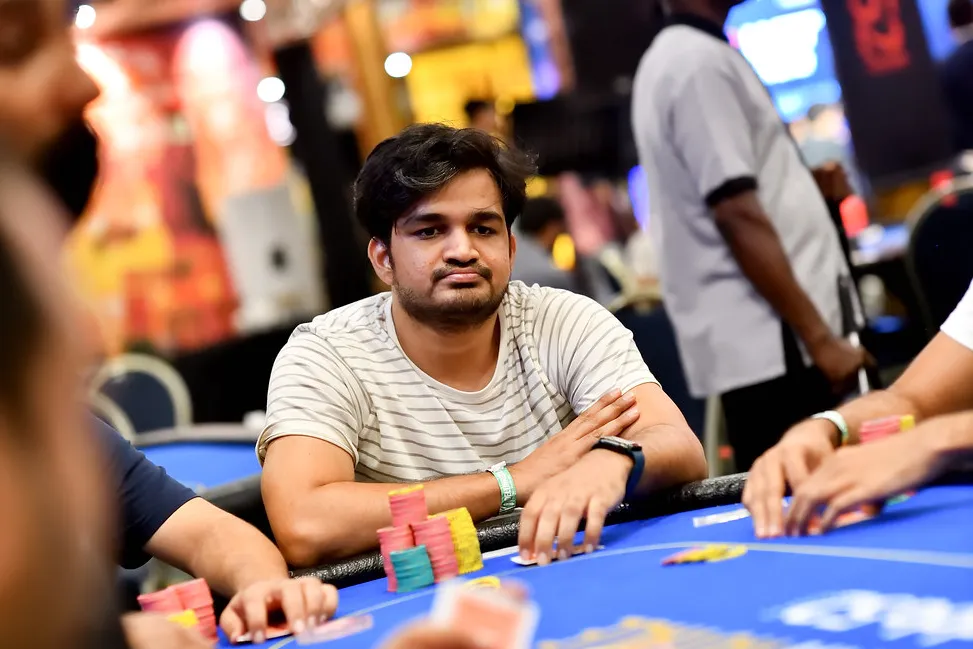
Loss aversion is a phenomenon where people tend to weigh potential losses more heavily than potential gains. In other words, the fear of losing something is stronger than the desire to gain something of equal value. This is evident in many aspects of our lives, from investment decisions to everyday choices.
In the context of crash gambling, players may focus more on avoiding losses rather than pursuing wins. This fear of loss can cause players to continue playing even when they are on a losing streak, hoping to recoup their losses. However, this often leads to even bigger losses, as players continue to chase their losses instead of walking away.
Conclusion
Crash gambling may seem like a simple and entertaining game, but behind the scenes, there is a whole world of psychology at play. From our innate desire for quick rewards to the influence of social proof and cognitive biases, several factors can impact how we behave and make decisions while playing.
It is essential to understand these psychological aspects of crash gambling to avoid falling into addictive behaviors and making impulsive decisions. While the game may offer an adrenaline rush and a chance to win big, it is crucial to approach it with caution and responsible gambling practices. Ultimately, understanding the psychology behind crash gambling can help us make informed choices and enjoy the game responsibly.

